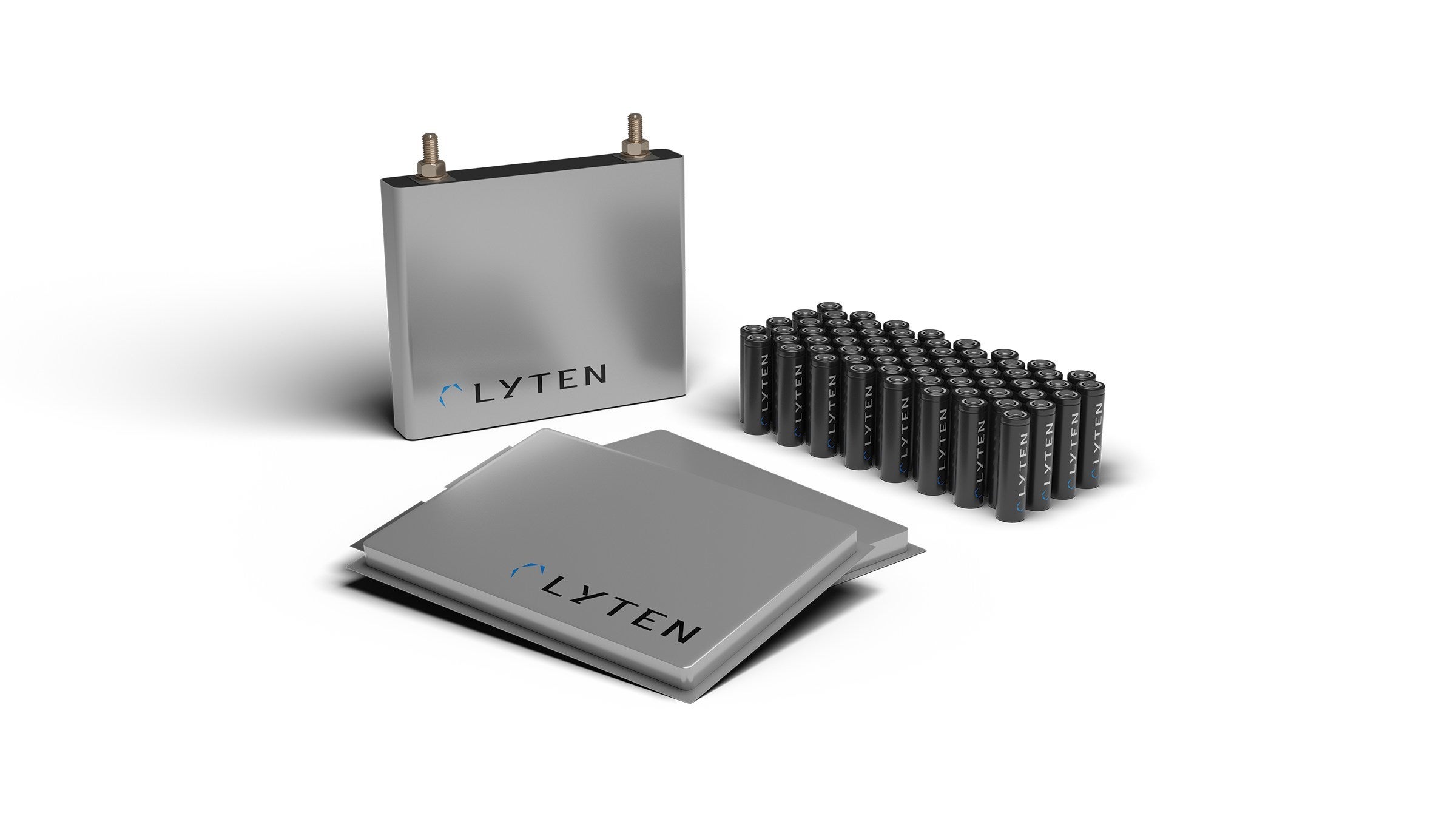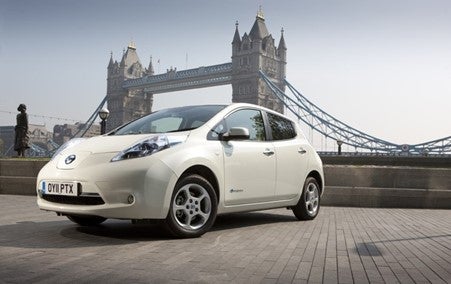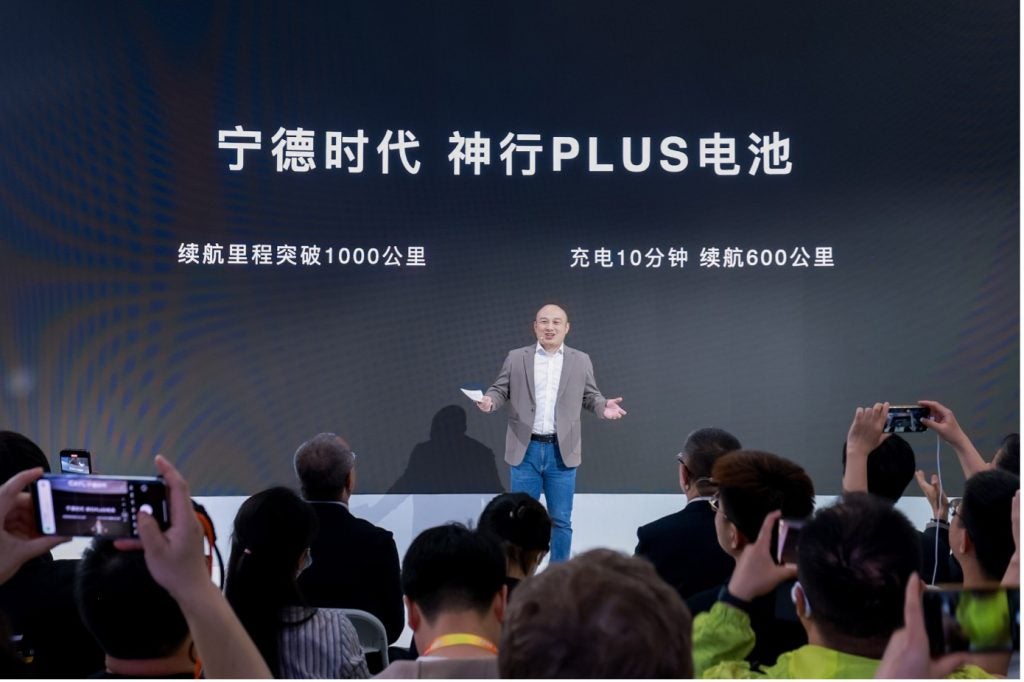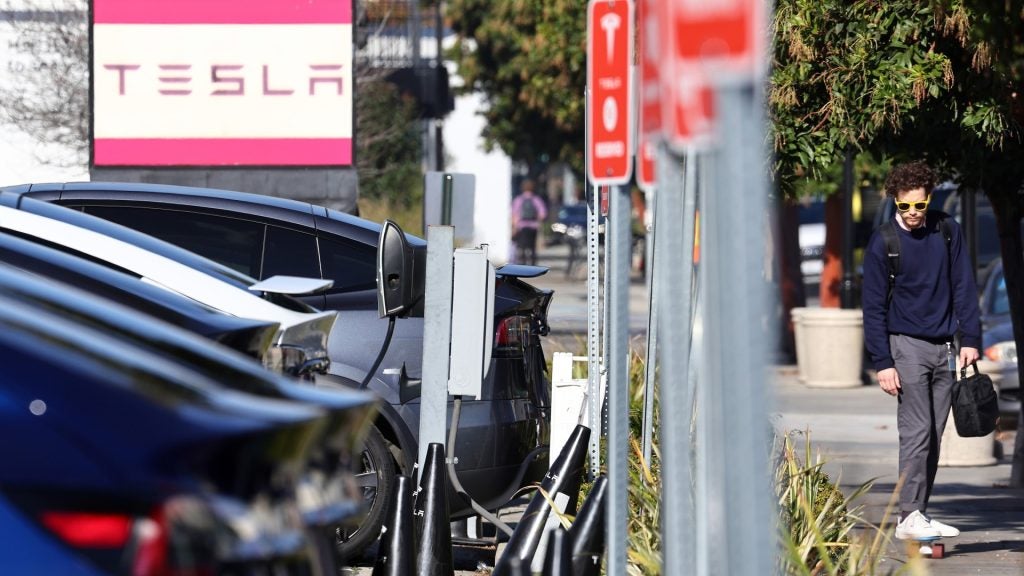
Lyten, a materials company, claimed to be disrupting the electric vehicle battery industry with the introduction of its LytCell EV lithium sulphur (Li-S) battery platform.
This is optimised specifically for the electric vehicle (EV) market and is designed to deliver three times the gravimetric energy density of conventional lithium ion (Li-ion) batteries.
Lyten, saying it now “exits from stealth mode”, has worked closely with the US government for several years to test and improve LytCell capability in defence related applications and is now ready to introduce its battery technology platform to the EV market.
The lithium sulphur battery platform can be produced in cylindrical, pouch, and prismatic formats.
The 3D Graphene-based architecture has the potential to reach a gravimetric energy density of 900Wh/kg, which will significantly outperform both conventional lithium ion and solid state batteries.
Sulphur Caging is the technology used to unlock the performance potential of sulphur by arresting the ‘poly-sulfide shuttle,’ a cycle life compromising factor that has up to now prevented practical Li-S use in battery electric vehicles. Under Department of Defense (DoD) test protocols, a LytCell prototype design has demonstrated greater than 1,400 cycles.
How well do you really know your competitors?
Access the most comprehensive Company Profiles on the market, powered by GlobalData. Save hours of research. Gain competitive edge.

Thank you!
Your download email will arrive shortly
Not ready to buy yet? Download a free sample
We are confident about the unique quality of our Company Profiles. However, we want you to make the most beneficial decision for your business, so we offer a free sample that you can download by submitting the below form
By GlobalData“We have begun a generational transformation from internal combustion engines to BEVs. We’re confident that Lyten’s breakthrough battery platform will accelerate the mass consumer adoption of electric vehicle ownership due to the performance, range, and safety improvements of our batteries,” said Dan Cook, CEO of Lyten.
“By also delivering the most environmentally responsible battery with a USMCA-compliant supply chain, we believe Lyten will enable automakers to more confidently execute their announced electrification roadmaps.”
Advanced materials
Critical to this claimed battery breakthrough was the development of 3D Graphene, a novel three-dimensional graphene material platform that took years to refine. This unique material can be engineered and tuned at the molecular level to specific battery application requirements. The graphene platform enables the advanced lithium sulphur battery chemistry to realise exceptional levels of energy density, better temperature performance, faster charging, and greatly improved safety.
Safer EV battery
Lyten’s batteries are claimed to be safer in vehicles than conventional Li-ion batteries because Li-S does not contain oxygen from metallic oxides which is what drives “thermal runaway events that have plagued many EVs”.
Additional benefits
The Lyten battery platform will offer other advantages to automakers and their end users such as below internal combustion engine (ICE) cost parity, safe and effective operation in environments as cold as -30 degrees C to as high as 60 degrees C enabling reduced system-level costs, flexible and scalable pack sizing to accommodate the unique needs of a wide range of automotive platforms, produced in cylindrical, pouch, and prismatic formats, on-shore cell manufacturing facilities proximate to OEMs, extended range and/or increased payloads and faster charge times of less than 20 minutes, claimed lowest carbon footprint of any EV battery and “conflict minerals”.
Lyten expects full production and market availability for ’25-’26 model year vehicles.
The graphene technology has also been used for advanced sensors in addition to thermoplastic composites for vehicle light weighting and strengthening applications.






